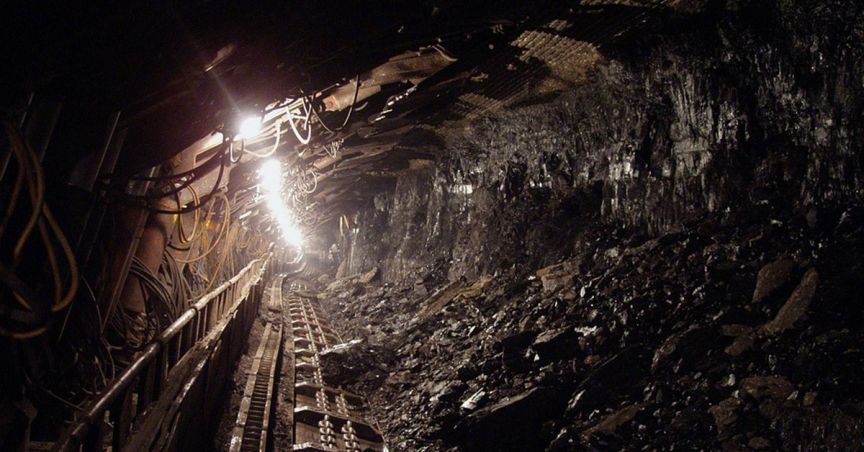Iron ore prices slipped in the global market amid less mill purchasing in China. The benchmark Iron ore fines 62% Fe (CME) slipped from $93.97 (Dayâs high on 15th April) to the level of $93.44 (Dayâs low on 16th April). Iron ore prices in China also declined, with Dalian Commodity Exchange (DCE) declined by 3.14% and settled at RMB 632.50 (as on 16th April).
The factor which exerted pressure on iron ore prices was the decline in procurement by the Chinese mills amid running of the non-heating season across the various provinces in China. Linfen city announced steel production control measures for the non-heating season in the provinces, which will run from 15th April to 30th September 2019.
The implementation of control measures on steel production prompted mills to procure less raw-material from the market; however, the supply constraint in the market prevented any sharp decline in prices despite less procuring by Chinese mills. Apart from Linfen, Wuâan city successively published its production control measures for the non-heating season in the provinces, which will run from 6th April to 30th June 2019.
The production capacity of few blast furnaces is estimated by the market participants to be affected by the implementation of the production control measures, which in turn, exerted pressure on iron ore prices.
In the environment of falling prices, the traders were reluctant to sell their iron ore in the market, despite demand from other provinces, which in turn, marked a decline in volumes in the market and the market noticed a snail-paced movement.
However, the steel prices in China are still raging high, which might prompt other steelmaking provinces in China to procure the raw material in the supply constrained environment, further acting as a cushion to the iron ore prices again. As on 12 April 2019, The Steel Rebar (long steel) prices were at RMB 4090, up by 3.28% as compared to the previously reported price and the prices of hot-rolled coil (HRC) steel were at RMB 3970, up by 1.79% as compared to the previously reported price.
Apart from the high steel prices, Chinese domestic market is noticing a shrinkage in steel inventories, which in turn, can prompt the mills to procure more iron ore to take advantage of high steel prices and high steel demand in the domestic market.
However, despite the high demand for steel and supply constraint in iron ore market, a London-based investment bank Liberum maintained the sell rating on shares of significant Australian iron ore miners such Rio Tinto and BHP Billiton (ASX:BHP).
The prices of significant Australian iron ore miners took a jab over the fall in iron ore prices, and the share prices of miners such as Rio Tinto and Fortescue Metals made it to the list of top five losers on the Australian Stock Exchange (ASX) on 17th April 2019.
Fortescue Metals Limited (ASX: FMG) took a hit and made a dayâs low of A$7.390 after starting the dayâs session at A$7.690. The stock of the company ended the dayâs session at A$7.430, down by 8.27% as compared to its previous close. Another iron ore miner Rio Tinto (ASX: RIO) followed the same trajectory, and the share prices of the company fell below $100 for the first time in two weeks. The share prices of the company closed at A$96.400 at its dayâs low, down by 4.74% as compared to its previous close. Even, BHP closed the dayâs session 2.7% down at A$38.300.
Disclaimer
This website is a service of Kalkine Media Pty. Ltd. A.C.N. 629 651 672. The website has been prepared for informational purposes only and is not intended to be used as a complete source of information on any particular company. Kalkine Media does not in any way endorse or recommend individuals, products or services that may be discussed on this site. Our publications are NOT a solicitation or recommendation to buy, sell or hold. We are neither licensed nor qualified to provide investment advice.



